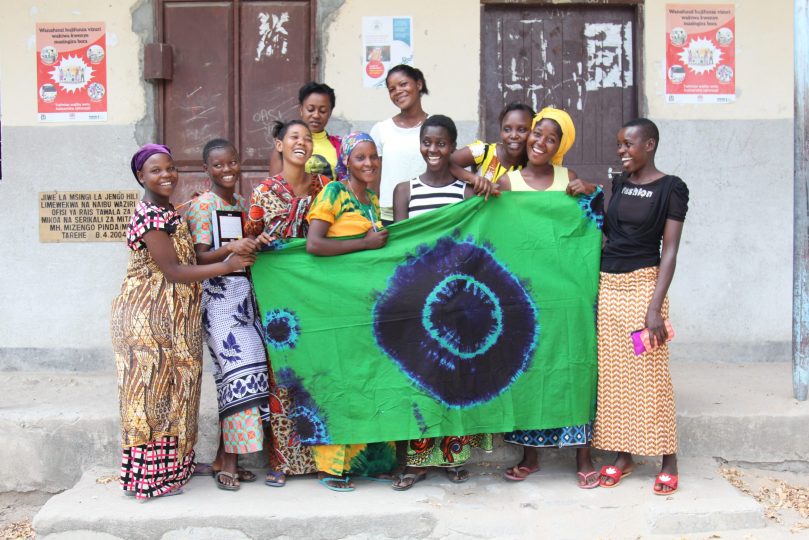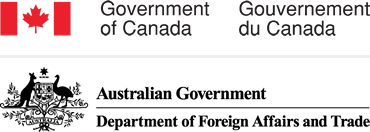By Samwel Gasuku
My trip to Dodoma and Rukwa regions in central and southern Tanzania to visit the first graduates of the GIRLS Inspire project wasn’t disappointing at all. The project aims to equip girls and young women with skills that can help them overcome challenges that prevent women from participating in economic activities and improve their livelihood. More than 600 girls and young women enrolled for the project in Bahi and Kongwa, districts in Dodoma region and Kalambo and Nkasi districts in Rukwa region. During the training, the beneficiaries were taught basic literacy, life-skills such as reproductive health, gender equality, human rights, how to communicate in business and entrepreneurship skills, and vocational skills like soap making, batik making and food processing.
With the formation of the groups, the beneficiaries can access the 10% Municipality Council Development Fund allocated to support women, youth and disabled groups in every council as directed by the government. Also, the groups can receive loans at low interest rates from other financial institutions such as banks, micro-finance organizations and community village banks commonly known as VICOBA. This is an important development for sustainability of the groups.
What is impressive about the groups is their creativity in relation to the quality and design of their products. The batik fabrics have different prints and patterns. Consequently, the demand for batik fabric has increased. Bar and liquid soaps are also still in high demand by the public. This progress has made the community change their perception of the girls and young women. The participants also believe in themselves more.
“We started by learning basic literacy skills and people were questioning whether we will make batik fabrics, soaps and learn food processing. It was major challenge. As a group, we are proud of ourselves and show off our newly acquired skills, we can make peanut butter, nutritious flour, batik and soaps to sell to the community” says Violet Gabriel.
The literacy and life-skills classes helped to increase awareness among the girls and young women on various cross cutting issues:
“We learnt about gender equality, the boy child is always favoured over the girl child. The girl child is given a lot of domestic work such as washing of clothes, cooking and to look after her siblings while the boy child goes to school and has a humble time to study. This creates the gender inequity and makes the girl child to miss out on education” explains Lucy Chalo.
“We see a brighter future in us; the GIRLS Inspire project has touched our hearts and turned around our lives. It has given us hope and made us champions of change. Everywhere we go we educate people on the effects of child early and forced marriages in our community” says Agatha Kipeta.
The shared experiences by the girls and young women make me feel optimistic about the future of beneficiaries in the project. Also, I am encouraged by the level of support we from have received from the government authorities and community leaders at the grass-roots level. There is hope for the future.
Menu



